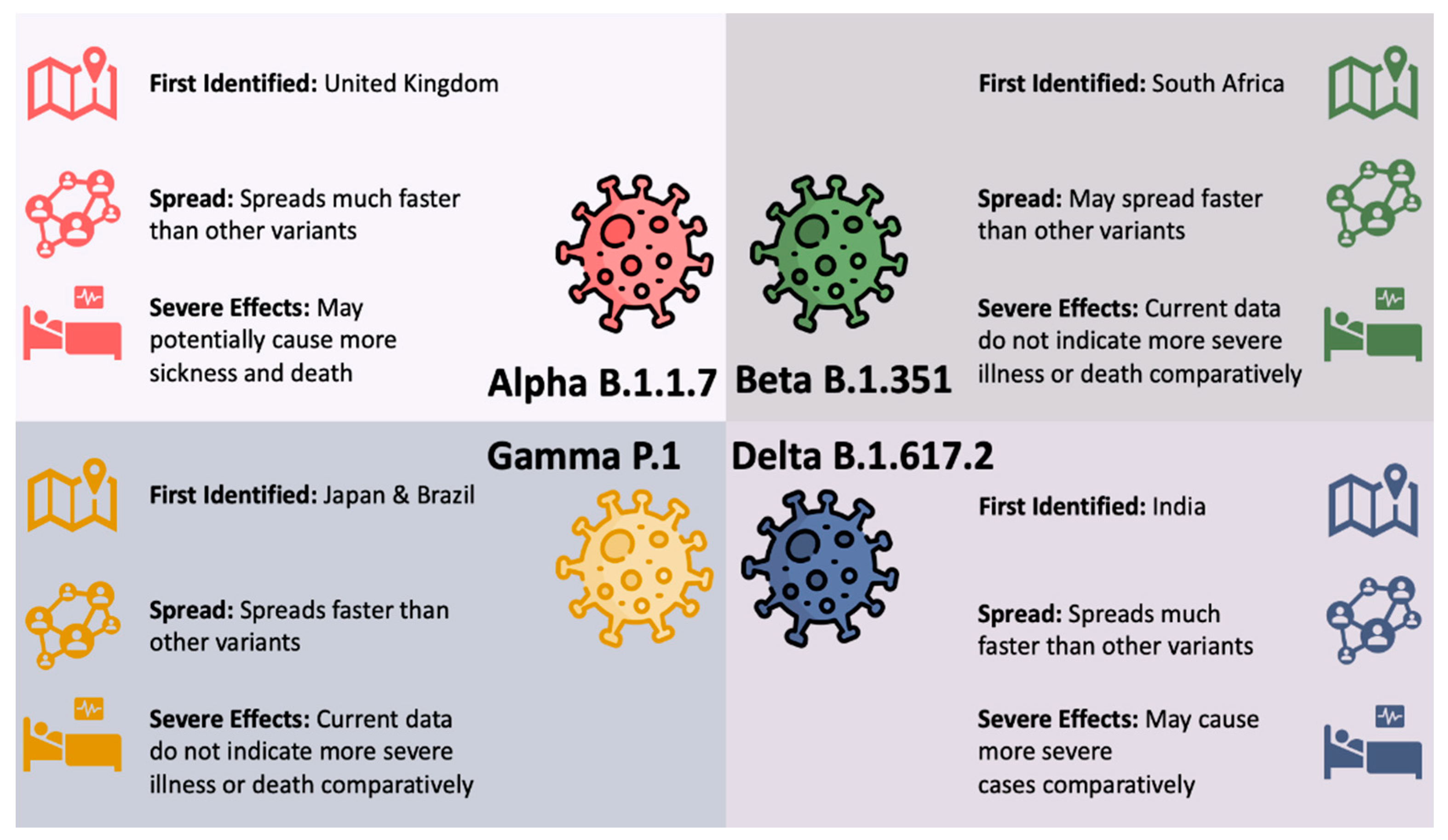Symptoms Associated with COVID Variants: Covid Variants Symptoms
Covid variants symptoms – COVID-19 variants have emerged over time, each exhibiting unique characteristics and symptom profiles. Understanding the symptoms associated with different variants is crucial for effective diagnosis, treatment, and public health measures.
The relentless Covid variants have brought forth a myriad of symptoms, ranging from fatigue and fever to respiratory distress. In the face of this ongoing health crisis, the work of individuals like Jamaal Bowman has been a beacon of hope.
As an advocate for healthcare equity, Bowman has tirelessly championed policies that ensure access to affordable and quality healthcare for all. As the Covid variants continue to challenge us, it is imperative that we remain vigilant in our efforts to protect ourselves and our communities, drawing inspiration from those who are dedicated to safeguarding our well-being.
Common Symptoms, Covid variants symptoms
- Fever or chills
- Cough
- Shortness of breath or difficulty breathing
- Fatigue
- Muscle or body aches
- Headache
- New loss of taste or smell
- Sore throat
- Congestion or runny nose
- Nausea or vomiting
- Diarrhea
Variant-Specific Symptoms
While these symptoms are common to most COVID-19 variants, certain variants have been associated with additional or unique symptoms:
Alpha Variant (B.1.1.7)
- More severe respiratory symptoms, including pneumonia
- Increased risk of hospitalization and death
Beta Variant (B.1.351)
- Reduced effectiveness of certain vaccines
- Increased risk of reinfection in previously infected individuals
Gamma Variant (P.1)
- More transmissible than other variants
- Potential for more severe symptoms in younger individuals
Delta Variant (B.1.617.2)
- Highly transmissible, leading to rapid spread
- Increased risk of hospitalization and severe illness, especially in unvaccinated individuals
- May cause a broader range of symptoms, including gastrointestinal issues
Omicron Variant (B.1.1.529)
- Highly transmissible, even among vaccinated individuals
- Generally milder symptoms, including sore throat, runny nose, and headache
- Reduced risk of hospitalization and severe illness compared to previous variants
It’s important to note that symptoms may vary from person to person, and not everyone will experience all the symptoms associated with a particular variant.
The emergence of COVID variants has brought forth a spectrum of symptoms, from mild to severe. As we navigate this evolving health landscape, it’s crucial to stay informed about the Pittsburgh Steelers , who have faced their own challenges this season.
However, just as the Steelers strive to overcome adversity, so too must we remain vigilant against COVID variants and their potential impact on our health.
Impact of COVID Variants on Individuals

The emergence of COVID variants has brought forth unique health challenges, with each variant potentially posing different risks and complications. Understanding the impact of these variants on individuals is crucial for effective prevention and treatment strategies.
The severity and duration of symptoms caused by COVID variants can vary significantly. While some variants may cause mild symptoms similar to the common cold, others can lead to severe respiratory distress, organ damage, and even death. Variants like Delta and Omicron have been associated with increased transmissibility, potentially leading to larger outbreaks and straining healthcare systems.
Vulnerable Populations
Certain individuals are at a higher risk of severe complications from COVID variants. The elderly, immunocompromised, and those with underlying health conditions are particularly vulnerable. The immune response of these populations may be weaker, making them more susceptible to severe illness and potentially fatal outcomes.
Implications for Healthcare Systems

The emergence of COVID variants has posed significant challenges to healthcare systems worldwide. The diversity of variants, each with unique characteristics, has necessitated a re-evaluation of existing testing, treatment, and vaccination strategies. Furthermore, the increased transmissibility and potential severity of certain variants have placed a strain on healthcare resources and infrastructure.
Testing
The emergence of variants has highlighted the importance of rapid and accurate testing to identify and isolate infected individuals. However, the genetic diversity of variants can affect the sensitivity and specificity of existing diagnostic tests. Variants may have mutations in the target regions of PCR or antigen tests, leading to false negatives or reduced sensitivity. Additionally, the rapid emergence of new variants requires constant updates to testing protocols and reagents.
Treatment
The effectiveness of existing treatments for COVID-19 may vary depending on the variant. Some variants may exhibit resistance to certain antiviral medications or monoclonal antibodies, necessitating the development of new or modified treatments. Healthcare systems must remain vigilant in monitoring the efficacy of treatments against emerging variants and adapting treatment protocols accordingly.
Vaccination
Vaccines remain a critical tool in mitigating the impact of COVID-19. However, the emergence of variants has raised concerns about the effectiveness of existing vaccines. While vaccines continue to provide substantial protection against severe disease and hospitalization, their ability to prevent infection and transmission may be reduced against certain variants. Healthcare systems must evaluate the effectiveness of vaccines against emerging variants and consider booster doses or updated vaccines to maintain optimal protection.
Public Health Measures
Effective public health measures are crucial for mitigating the impact of COVID variants. These measures include:
- Enhanced surveillance and monitoring: Identifying and tracking emerging variants through genomic sequencing and epidemiological investigations.
- Targeted containment measures: Implementing tailored public health measures, such as travel restrictions or local lockdowns, in areas with high prevalence of specific variants.
- Promotion of non-pharmaceutical interventions: Encouraging mask-wearing, social distancing, and hand hygiene to reduce transmission of all variants.
- Collaboration and information sharing: Fostering collaboration between healthcare systems, public health agencies, and researchers to share data, best practices, and resources.